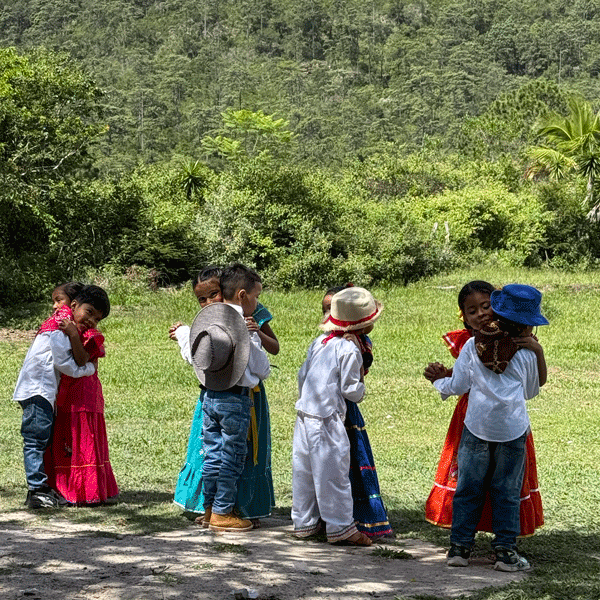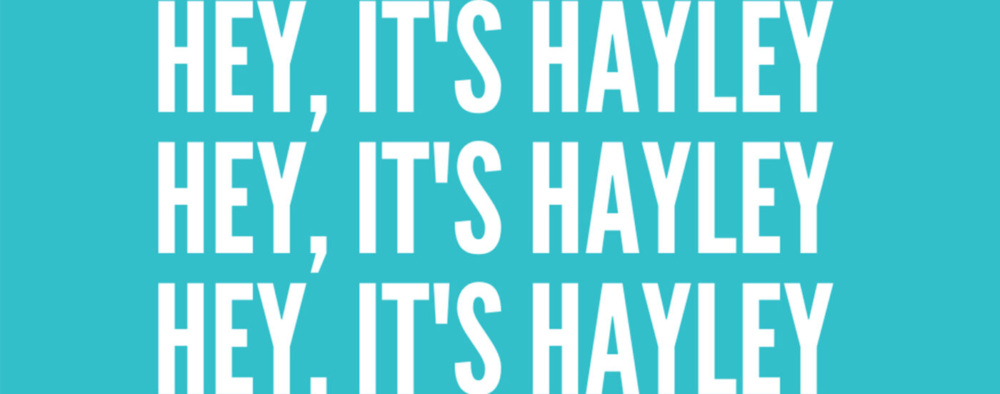
Education
Education, Youth power
I was brought up by a couple of educators. So, I always had kind of a notion to be of service to others in some way. I was on a path to becoming a community college English teacher, which actually took me into the Peace Corps in the Central African Republic where I had the opportunity to teach at the University of Bangui.
I got some teaching done, but the country was having some issues, so the students would be on strike, the teachers would be on strike, so I did a lot of side work alongside teaching. That is where I first got the notion that wow, there are these amazingly brilliant people all over the world with really cool ideas struggling to find funding or other assistance to try those ideas out. I got connected with a group of professors that were trying to publish a study guide and right as we were about to go to press, I was evacuated. I felt like that was kind of a loose end in my life and kind of wanted to tie up that loose end in some way.
Long story short, I spent some time in the private sector. I spent a bunch of years with an organization called GlobalGiving where I really learned about how grassroots organizations work and the kind of resources they need.
I had been very familiar with Global Fund for Children during my time at GlobalGiving, so, when the opportunity came to lead Global Fund for Children, it was just a natural fit because I got to do what I always wanted, which is helping these amazing people around the world get the resources they need.
For me, because we’re an organization that works with other organizations, we aren’t working day-to-day with children – although some of the organizations we work with are led by young people – but it’s the leaders of those organizations that ultimately Global Fund for Children supports that are really inspiring and fun to learn from and be with. So, that’s where I pick up a lot of my inspiration and energy, when I get to interact with those amazing folks.
The pandemic is still very much with us. Here we are in New York and masks are optional, so that acute part of the pandemic feels a little bit more distant, but certainly the effects are still with us and are going to be with us for some time. The world has lost ground in lots of ways, especially relating to young people staying connected with education; families taking massive hits to income; [young people] being forced into labor and exploited in various ways. That’s a long way from being fixed. A lot of the core work that we and our partners have been doing, we’ve lost ground, and we’ve got to make that up. So, the pandemic is still with us in a different phase.
Of course, there was Russia’s invasion of Ukraine, which has all sorts of problematic ripple effects all over the world. I’m really proud of our response to that: reconnecting with some of our old partners, finding a lot of new partners, and driving significant amounts of funding to them very quickly.
What I’m really thinking about right now is climate change. That’s the problem that appears to be really getting more visibly acute. Another massive hurricane hit Puerto Rico, which was the last thing they needed. The extraordinary flooding in Pakistan is another one of those big issues.
We can’t make progress on all of the other things we are trying to do if we’re continuously experiencing these terrible natural disasters fueled by climate change.
I am really excited about the new kind of work we are going to be doing about climate change. That’s actually our commitment at the Clinton Global Initiative: fund youth leaders and organizations and movements – a number of different things to really address that problem.
This interview has been edited for length and clarity.
